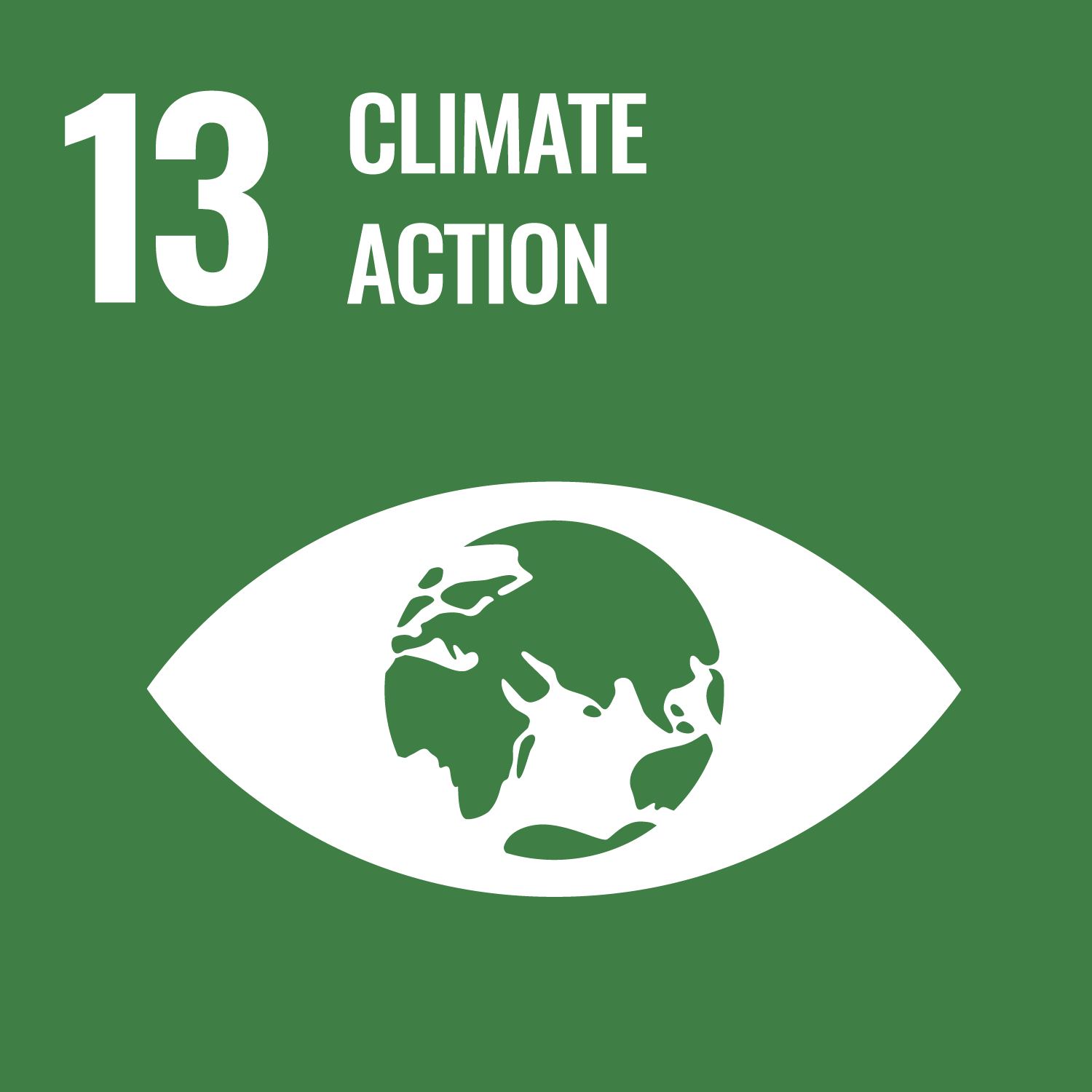ORCID
- James Buckley: 0000-0003-2264-4096
Abstract
Abstract When species shift their ranges to track climate change, they are almost certain to experience novel environments to which they are poorly adapted. Otaki and co-workers document an explosion of wing pattern variation accompanying range expansion in the pale grass blue butterfly. This pattern can be replicated in the laboratory using artificial selection on cold shocked pupae, at temperature extremes typical of recently colonized environments. We discuss how this phenotypic plasticity may be associated with successful colonization and how significant local adaptation is likely to re-establish developmental control. Integrating knowledge of trait plasticity into current genetic models of adaptation is central to our understanding of when and where a colonising population will be able to persist and adapt in novel surroundings.
DOI Link
Publication Date
2010-01-01
Publication Title
BMC Evolutionary Biology
Volume
10
Issue
1
ISSN
1471-2148
Recommended Citation
Buckley, J., Bridle, J., & Pomiankowski, A. (2010) 'Novel variation associated with species range expansion', BMC Evolutionary Biology, 10(1). Available at: 10.1186/1471-2148-10-382


